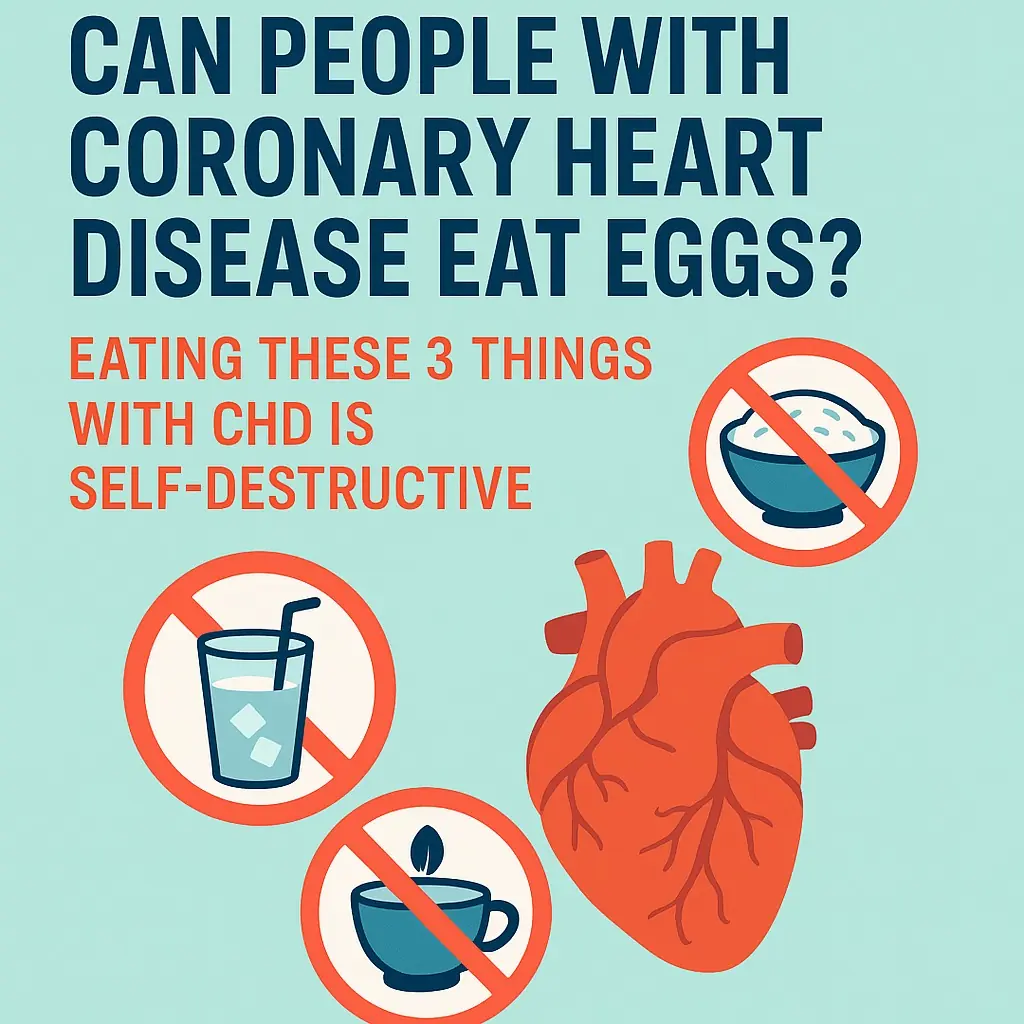
Why Does Your Body Suddenly Jerk While Falling Asleep — Like You’re Falling? The Reason Might Surprise You

We spend nearly one-third of our lives asleep, which speaks volumes about the role of sleep in our overall health and longevity. Like many creatures in nature, the human body follows a natural rhythm — a circadian cycle of rising with the sun and resting at night. Only when the body is properly rested can we function at full capacity in our waking hours.
But what happens when that sleep is interrupted by strange physical sensations? You might have experienced it: just as you’re drifting off to sleep, your body suddenly jerks, your leg kicks, or you feel like you’re falling into a void. This sudden spasm can be startling — and leaves many people wondering what’s going on.
Is It Normal to Jerk While Falling Asleep? Or Is It a Health Warning?
The experience of your body jolting just as you’re falling asleep — often accompanied by a vivid sensation of falling — is actually quite common and usually harmless. In clinical terms, this phenomenon is known as a hypnic jerk or sleep start.
It occurs during the transition from wakefulness to sleep, a stage known as hypnagogia. During this period, your brain starts to shut down conscious awareness, your muscles relax, and your heartbeat slows. But sometimes, your brain misinterprets the muscle relaxation as a sign that you're actually falling — triggering a reflex to “catch yourself.”
What Happens in the Brain During a Hypnic Jerk?
Your brain’s central nervous system plays a key role in this reflex. As your muscles begin to relax during early sleep stages, your brain can respond with a surge of activity, briefly firing up neurotransmitters like dopamine or adrenaline.
This sudden burst sends signals to your muscles, causing them to contract abruptly — hence the jolt, kick, or falling sensation. This is your body’s way of ensuring equilibrium and survival, a primal reaction possibly rooted in our evolutionary past when sleeping in trees required balance and vigilance.
Interestingly, this phenomenon can happen whether you’re lying in bed or napping at a desk — posture doesn’t matter.
Top Causes of Sleep Jerks and Falling Sensations
1. Physical Factors (Muscle & Mineral Imbalances)
Lack of calcium, magnesium, or iron can cause muscle spasms and cramping, especially during rest. People who over-exercise, have poor posture during sleep, or suffer from musculoskeletal strain may experience hypnic jerks more frequently.
Chronic dehydration, poor dietary habits, or aging bones may also play a role.
What to do: Ensure a well-balanced diet, stay hydrated, and speak to your doctor about supplements if needed.
2. Brain & Nervous System Activity
When your brain begins transitioning from light sleep to deep sleep, the neurons and neurotransmitters responsible for regulating movement and stress (like norepinephrine and GABA) may misfire. This neural miscommunication can trigger hypnic jerks.
If you’re experiencing high stress, anxiety, or overactive thoughts, your brain is more likely to stay in “alert mode” even as your body is trying to shut down.
Important note: While hypnic jerks are normal, frequent or violent sleep disruptions could indicate sleep disorders like restless leg syndrome or REM sleep behavior disorder, and should be assessed by a sleep specialist.
Can Hypnic Jerks Be Dangerous?
In most cases, these jerks are benign and don’t indicate serious health issues. However, if you’re experiencing them nightly or waking up multiple times due to the jerks, it might signal underlying neurological strain or mental fatigue.
Chronic stress, overstimulation from screens, or irregular sleep schedules can all make hypnic jerks worse. For those with phobias (like fear of heights or vertigo), these jolts may be linked to internal stressors and may even disrupt deep sleep or cause nightmares.
Tips to Prevent or Reduce Sleep Jerks
If you find this sensation frequent or disruptive, you can take simple steps to reduce its occurrence:
✅ 1. Maintain Proper Sleep Posture
Sleeping in awkward positions — like curled up tightly or lying on your stomach — can put unnecessary pressure on the chest and lungs, reducing oxygen intake and causing the brain to react.
Best position: Sleep on your right side with your spine aligned, a supportive pillow, and relaxed limbs. Avoid sleeping face down or in tight fetal positions long-term.
✅ 2. Do Gentle Stretching or Yoga Before Bed
Engaging in light physical activity before bed, like stretching or yoga, helps relax the muscles and reduce nervous tension.
Avoid intense workouts at night, which may overstimulate the nervous system and make sleep jerks more likely.
Try this: Simple leg and calf stretches or a few minutes of deep breathing in child’s pose can do wonders for muscle relaxation and stress relief.
✅ 3. Reduce Stimulants Before Sleep
Caffeine, nicotine, and even high-sugar foods can overstimulate the nervous system, increasing the likelihood of hypnic jerks. Limit consumption after 2 PM, and avoid heavy meals close to bedtime.
Opt for calming herbal teas like chamomile, passionflower, or lemon balm, which have natural sedative properties.
✅ 4. Practice Stress-Reduction Techniques
Anxiety and mental fatigue are major contributors to restless sleep and muscle twitches. Establish a wind-down routine with:
-
Meditation or prayer
-
Journaling your thoughts
-
Listening to soft music
-
A warm bath or foot soak
These routines signal to the body that it's time to relax, promoting smoother transitions into deep sleep.
✅ 5. Massage Your Legs and Feet
A gentle massage on your calves, thighs, or feet before bed can stimulate blood circulation and reduce muscle stiffness. It’s a great practice to release daily tension and can prevent cramps and jerks during the night.
Consider using warming oils like lavender or arnica for added relaxation.
Final Thoughts: Hypnic Jerks Are Common — But They Don’t Have to Be Frequent
That sudden jolt you feel just before falling asleep? It’s not a sign of something wrong — most of the time, it's simply your body adjusting to the transition from wakefulness to rest. But if it’s happening often or interfering with your sleep quality, it’s time to examine your stress levels, sleep hygiene, and overall lifestyle habits.
Sleep is sacred — it's when your body regenerates, your brain consolidates memories, and your spirit resets. Treat it with care, and it will reward you with vitality, mental clarity, and long-term health.
Need help building a better bedtime routine? I’d be happy to craft a science-backed sleep hygiene checklist or personalized evening ritual plan — just say the word!
News in the same category

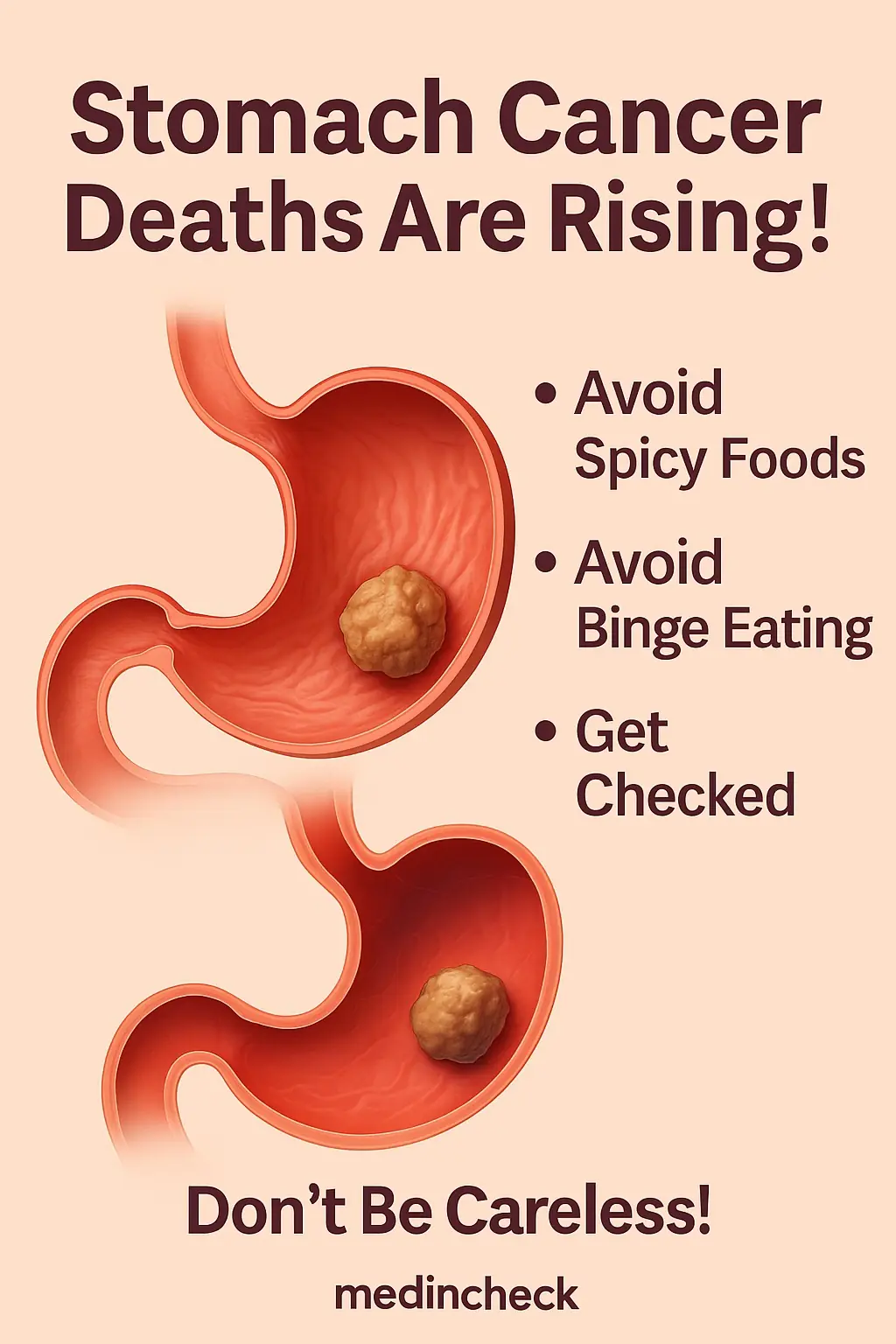
Stomach Cancer Deaths Are Rising! A Word of Advice: Avoid Spicy Foods, Avoid Binge Eating, and Get Checked — Don’t Be Careless!
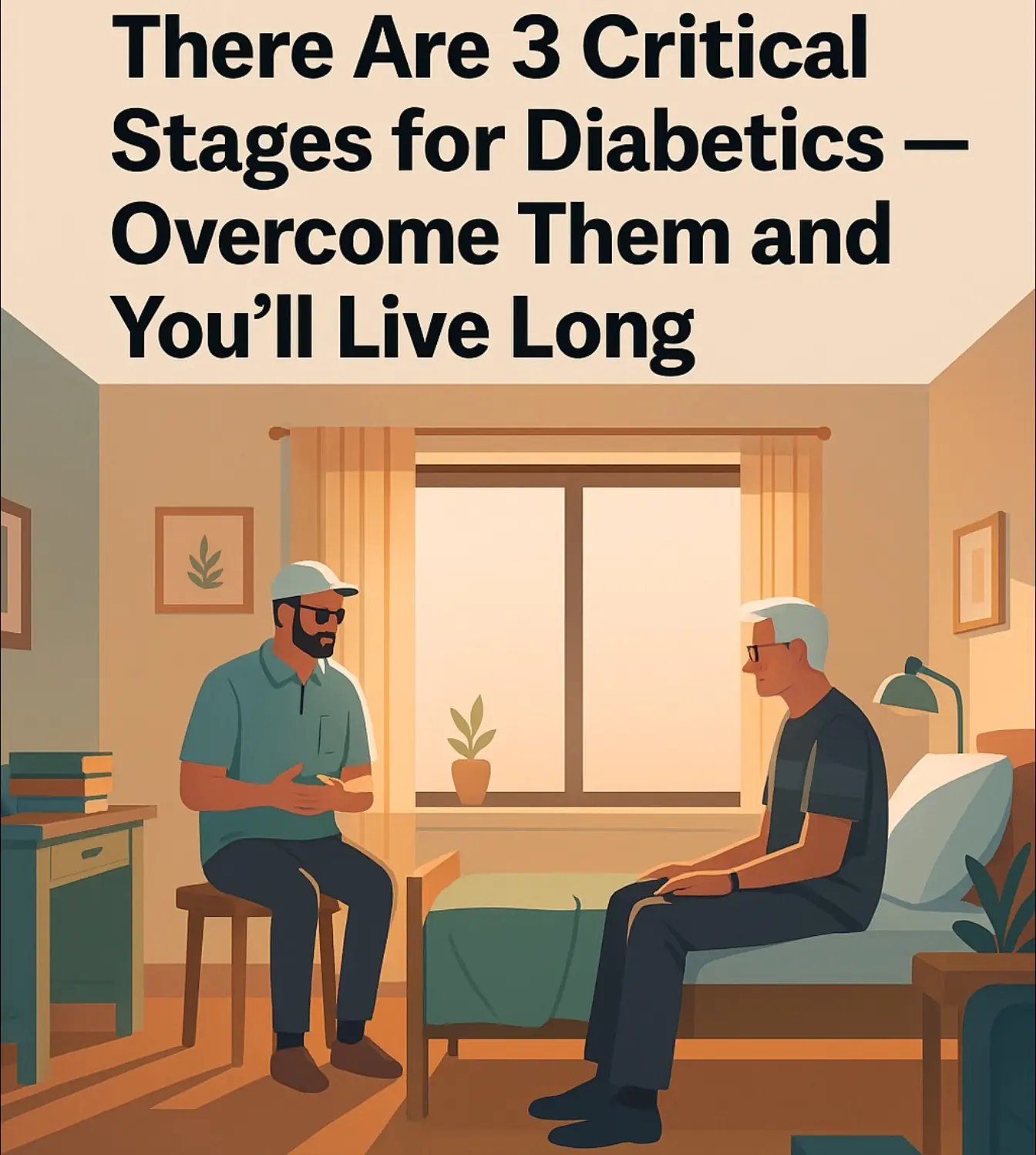
“There Are 3 Critical Stages for Diabetics—Overcome Them and You'll Live Long”: What Are These 3 Stages? Pay Attention After Age 50!

Top 10 Healthiest Fruits – Are You Choosing the Right Ones?
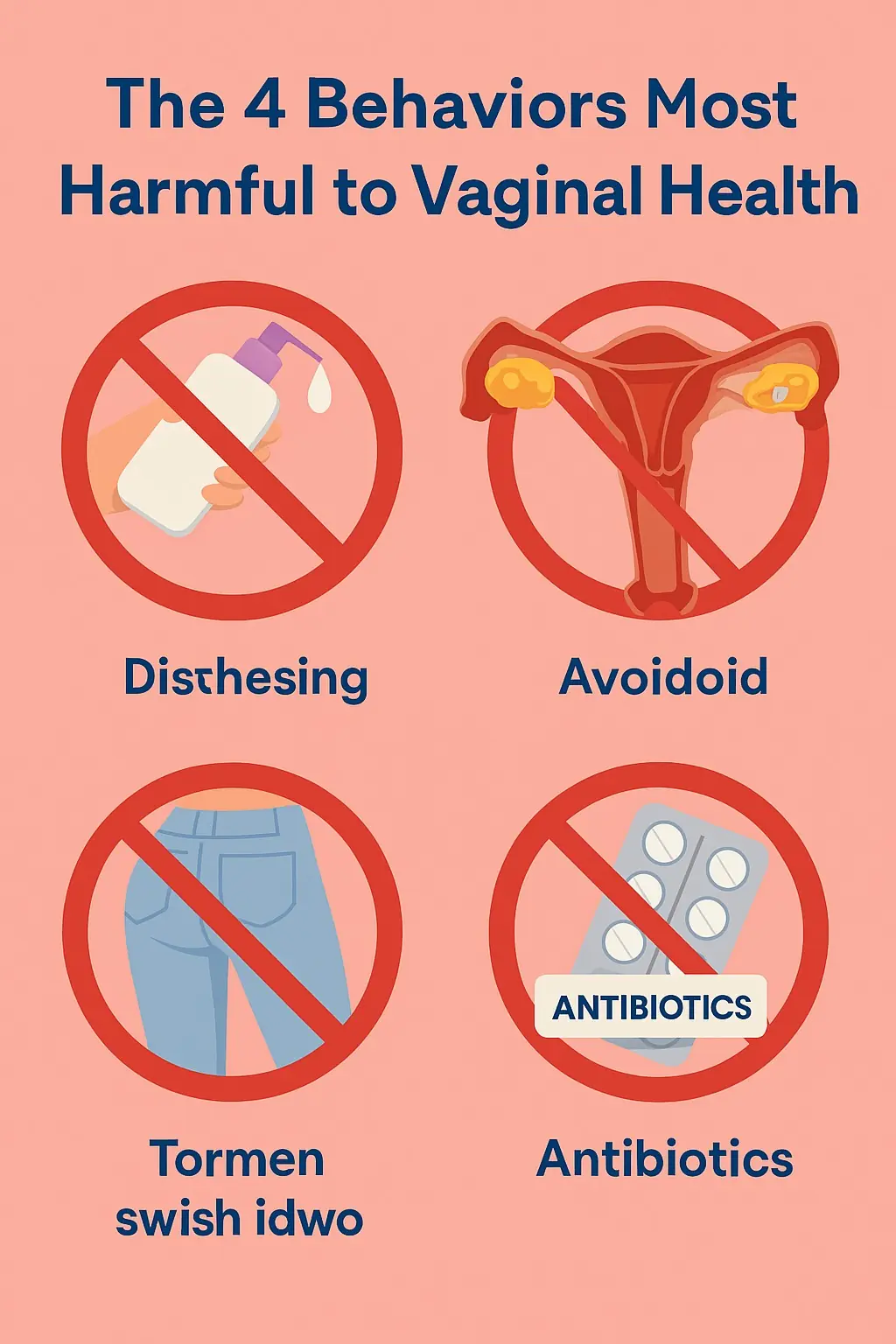
The 4 Habits That Harm Your Vagina the Most – Are You Still Doing Them Often? Stop Immediately After Reading This!
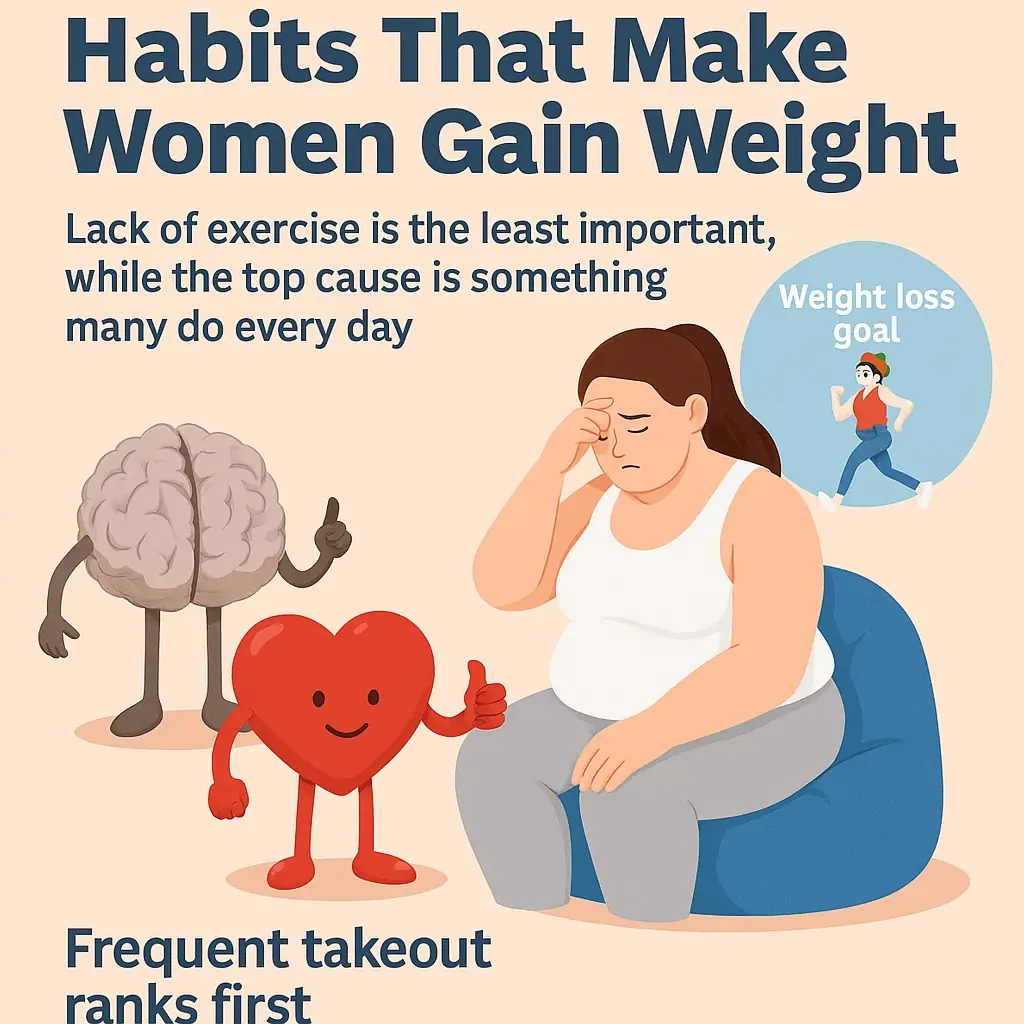
Habits That Make Women Gain Weight – Lack of Exercise Is the Least Important, While the Top Cause Is Something Many Do Every Day

Can Taking One Aspirin a Day Prevent Cardiovascular Disease? A Japanese Study Offers an Answer
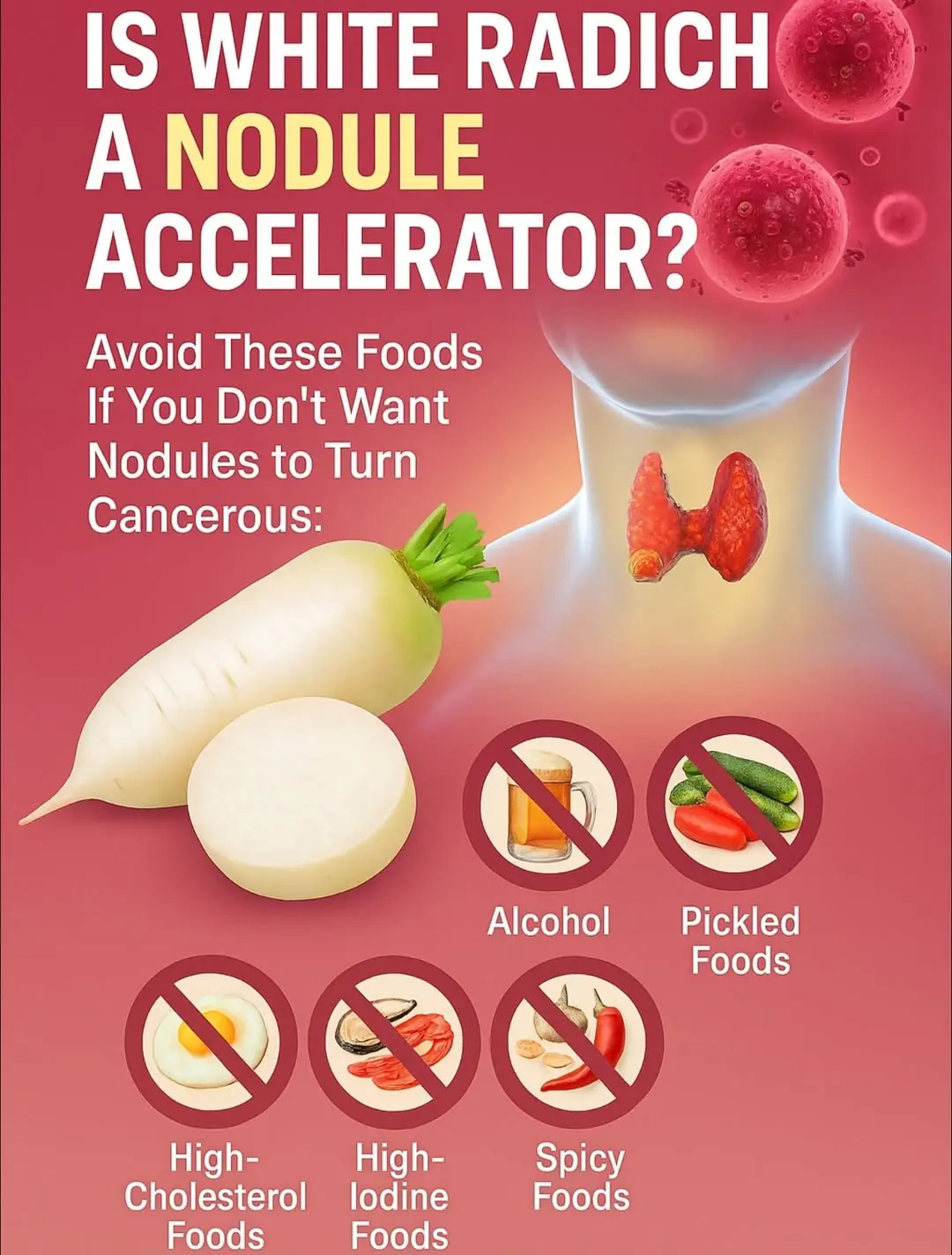
Is White Radish an “Accelerator” for Nodules? Gastroenterologist Warns: Avoid These 5 Foods If You Don’t Want Nodules to Turn Cancerous
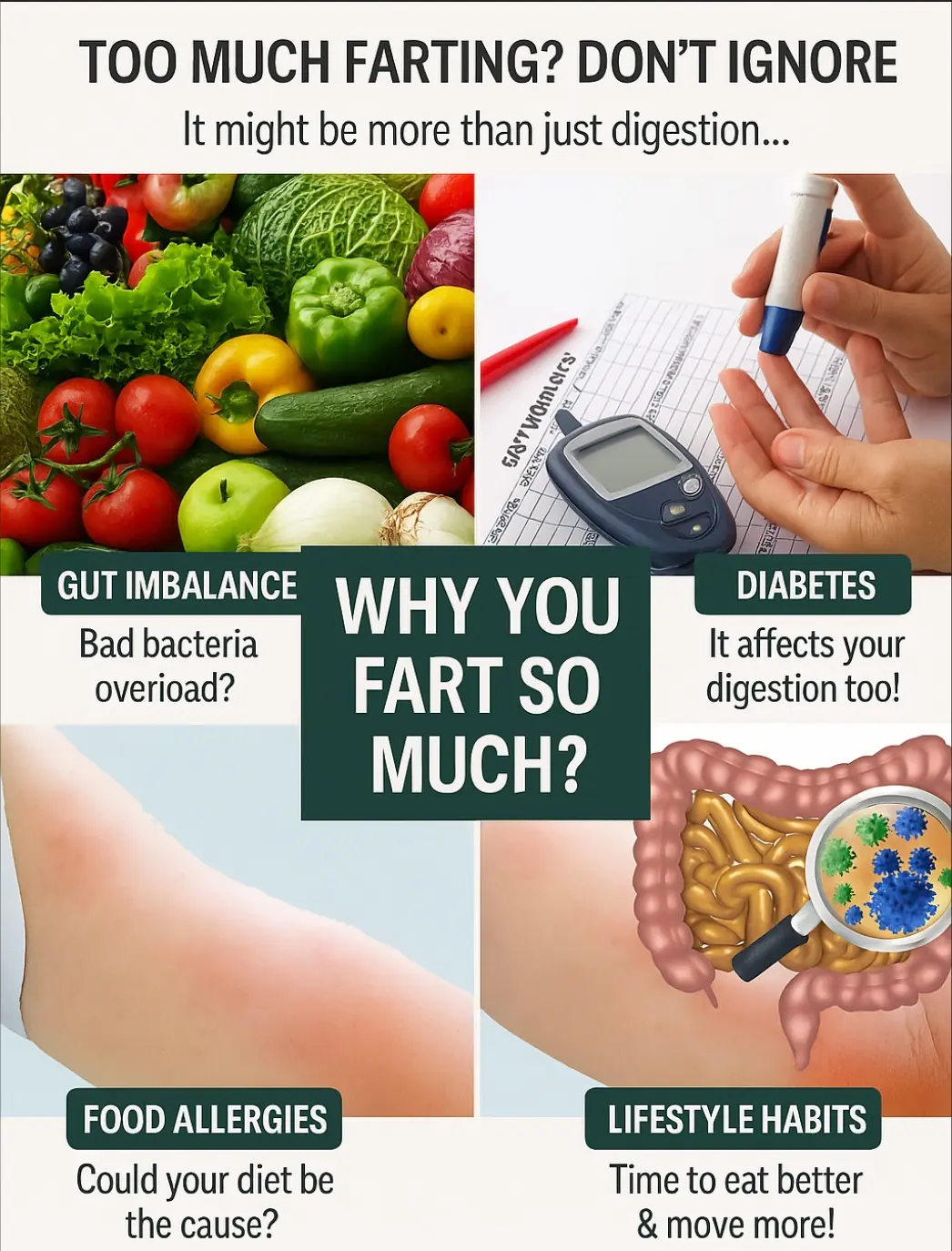
Why Are You Passing Gas So Often? 5 Health Issues That Might Be Behind It – Don’t Ignore the Signs
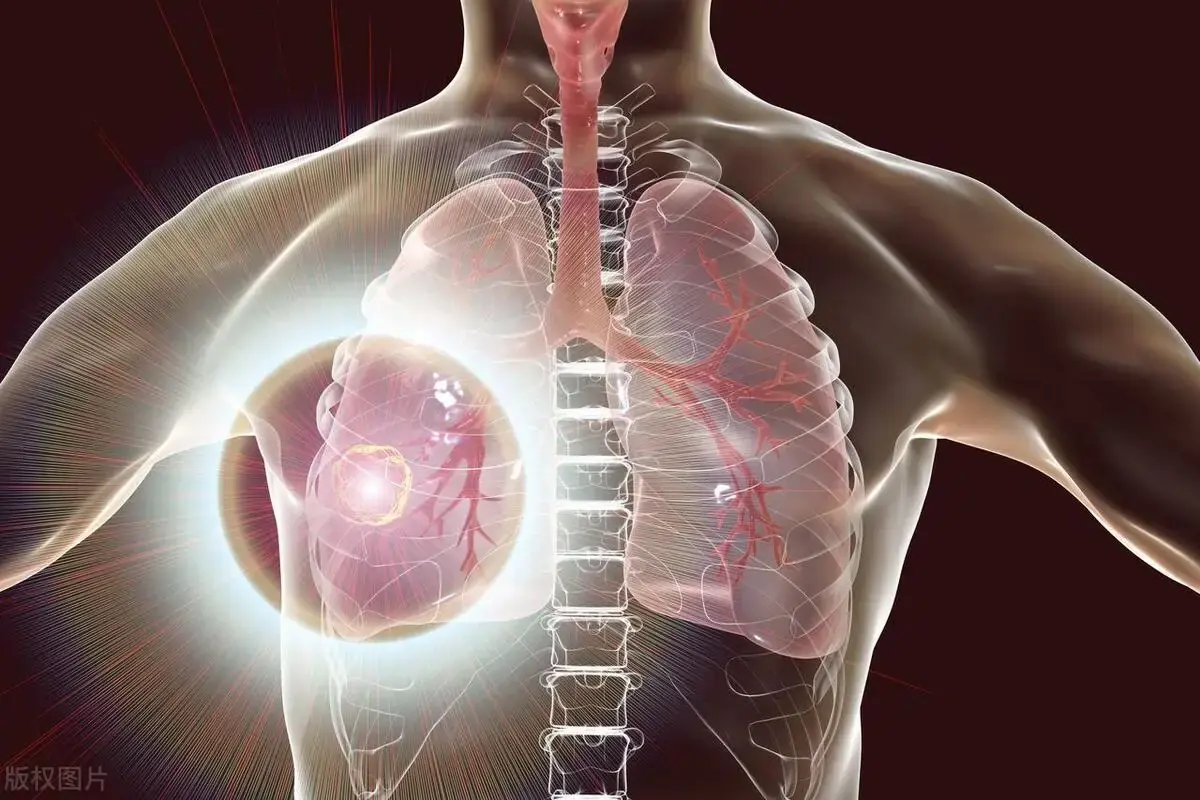
Is Lung Cancer Contagious or Hereditary? Doctors Reveal the Truth You Need to Know

Think Twice Before Dyeing Gray Hair: Eat These 4 Foods Regularly to Potentially Reduce Premature Graying
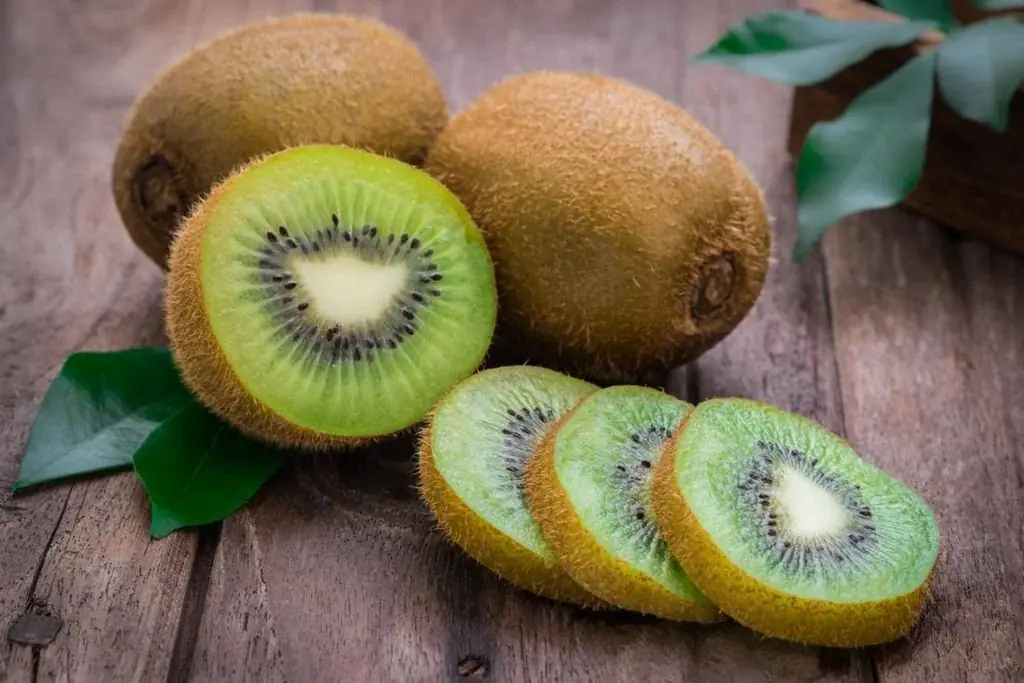
Spring Must-Haves for a Clean Bloodstream: The Natural Enemies of Blood Toxins! Keep Your Arteries Spotless and Healthy
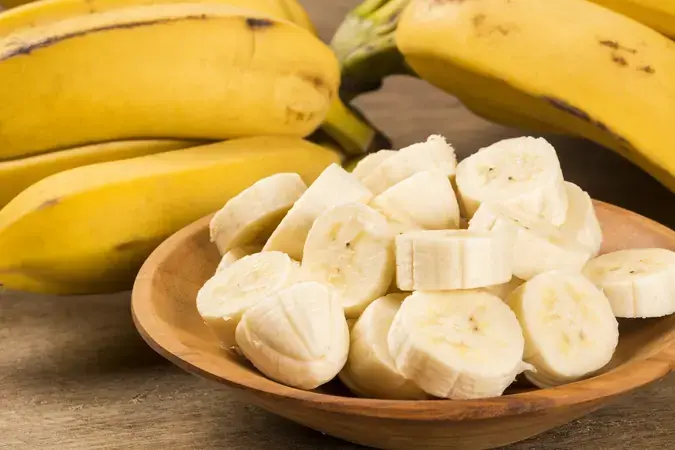
Research Reveals: Eating Bananas Regularly Can Bring These 6 Health Benefits to Seniors
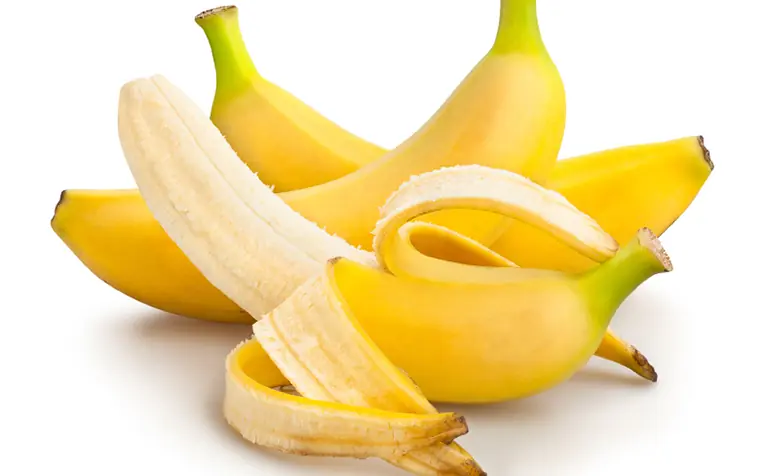
Top 5 Fruits for Health and Longevity — Banana Ranks #4, But the #1 Will Surprise You
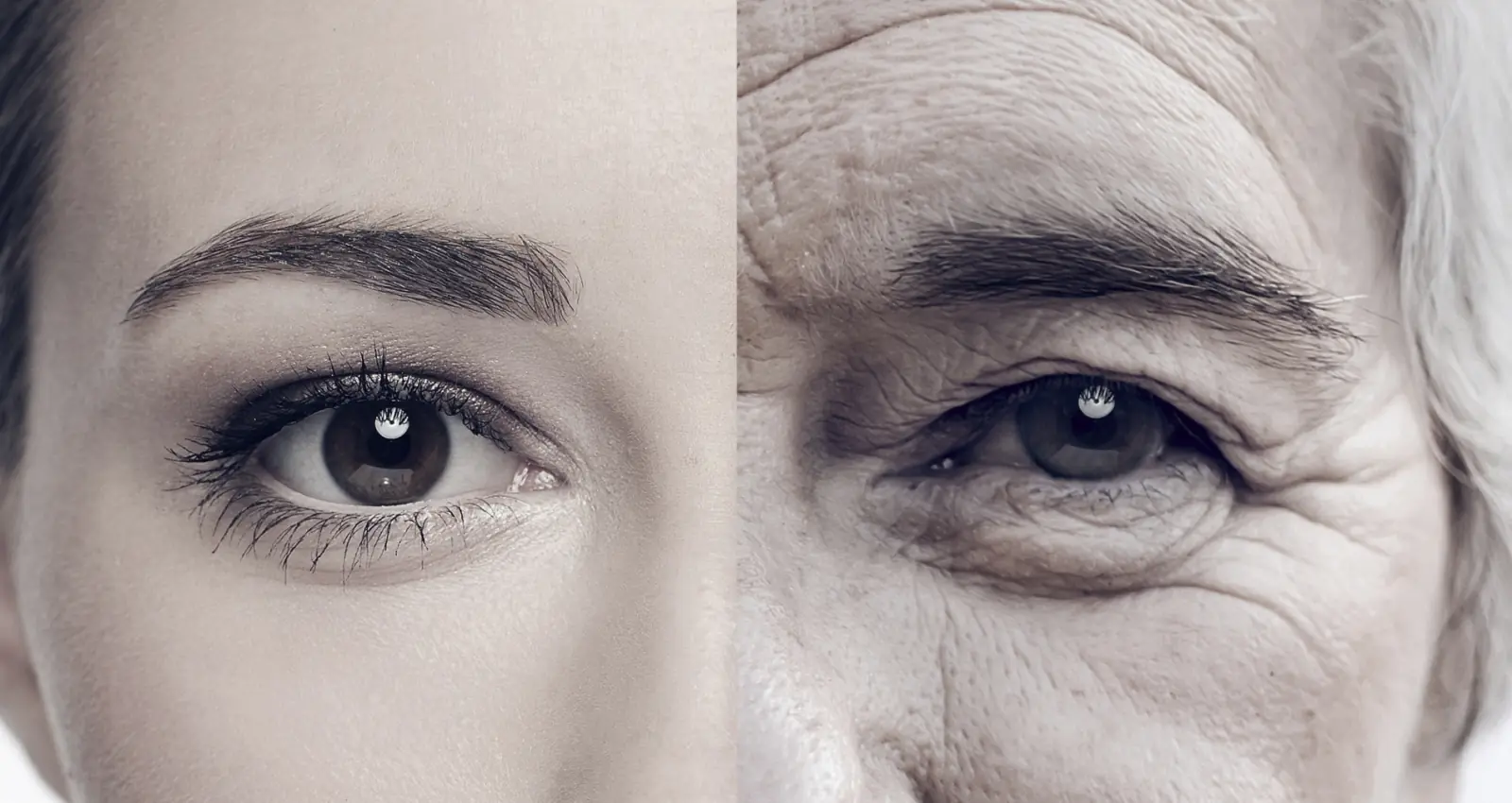
Top 10 Proven Habits to Slow Aging — Sleep Only Ranks #6! The #1 Will Surprise You

Is "Glue-Injected Meat" Becoming a Hidden Epidemic? Digestive Health Expert Warns: Avoid These 5 Types of Meat — Especially for Your Children’s Sake

If these two parts of the body are black, it means that the life span may not be long. Is it true? Listen to what the doctor says
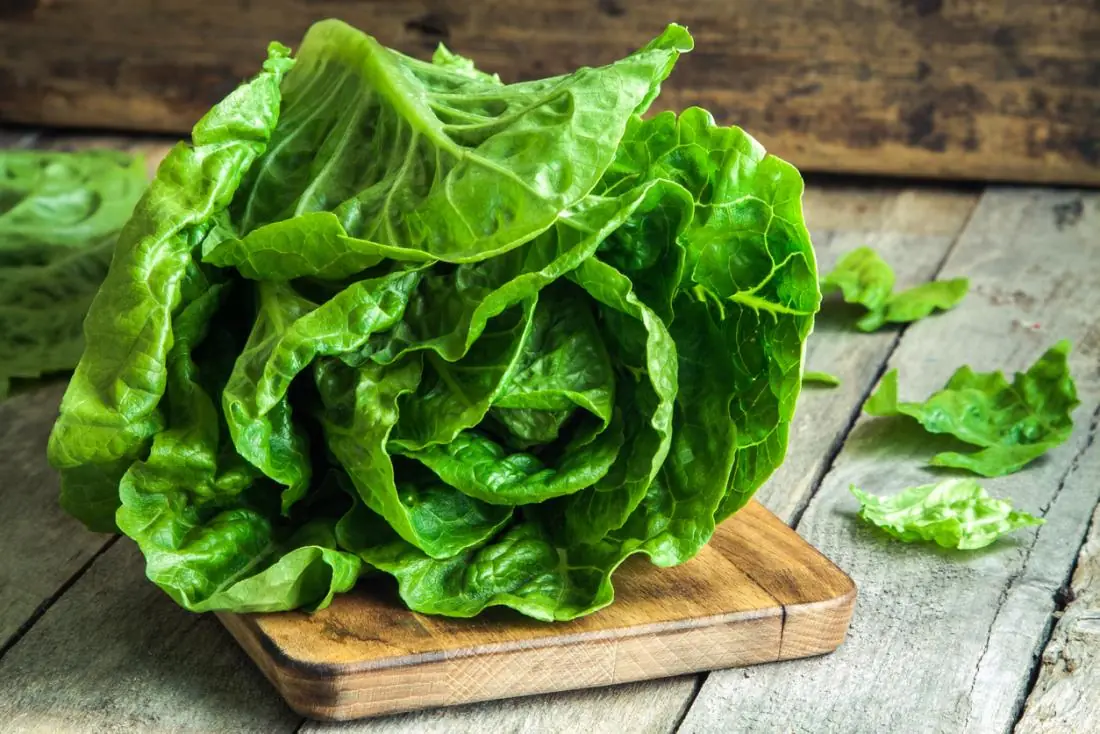
4 Superfoods for Diabetes Management—Affordable Yet Powerful
News Post

WHAT HAPPENS WHEN WE TONGUE KISS…See more

Nature’s Secret: 4 Healing Leaves That Support Metabolism, Immunity & Circulation Naturally

Don’t Drink Coconut Water Before You Know These 11 Secrets!

Pumpkin Seed Milk — The Natural Parasite Cleanser

Fast Rice Water Trick for a Brighter Smile

Morning Drink to Revive Your Kidneys Fast

The Onion Recipe That Could Transform Your Blood Sugar, Support Cleaner Arteries, and Protect Your Heart!

Top 4 Fruits That Help Your Kidneys Flush Out Toxins While You Sleep

Ginger, Clove, and Honey: The Natural Trio Your Body Will Thank You For

Heal 15 Years of Joint Pain Naturally with Turmeric and Honey Tea

This Juice Revived My Grandma’s Energy — Say Goodbye to Fatigue and Body Pain with This Natural Recipe

The Benefits of Eating 2 Boiled Eggs Every Morning: Transform Your Health!

If Your Kidneys Are in Danger, Your Body Will Send You These 8 Signals — Don’t Ignore Them

The Surprising Effects of Avocado on Your Heart and Brain

Ways to Get Over a Man Who Didn’t Value You

I’m 66 but Look 36 — My Secret? Aloe Vera & Ginger for Firm, Smooth Skin

How to Make Okra Water to Treat 17 Health Problems Naturally

Banana and Egg Mask to Look Younger Even in Your 80s

Scent Leaf Secrets Unveiled: 10 Surprising Health Benefits of This Miracle Herb
